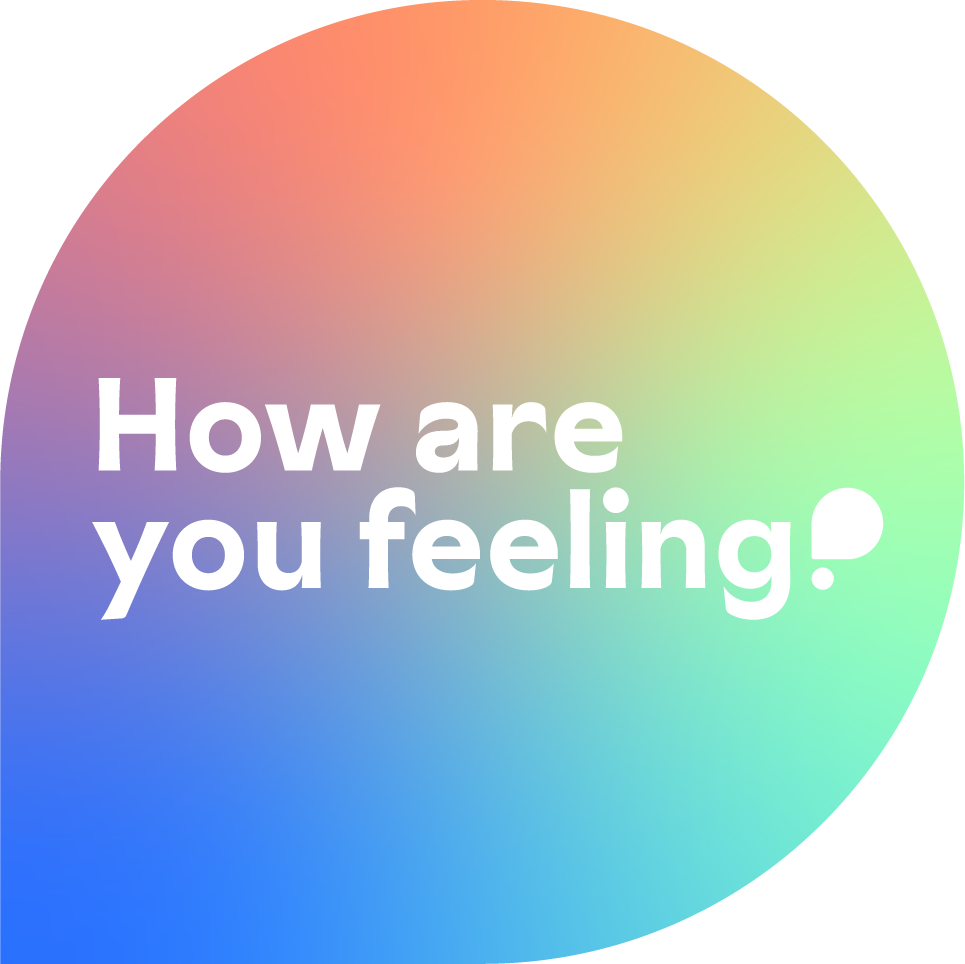What was the Most Upsetting Thing That Happened to you?
What was the most upsetting thing that happened to you as a child?
Has anything ever happened to you when you were a kid that still bothers you today? Likely, we have had our fair share of devastating, upsetting or embarrassing moments from our youth. Do they come back and affect us today? Whether it's our first broken heart, loss of a pet or family member, moving to a new city, changing schools, not making a sports team, being bullied or worse. Luckily, we're not alone. We all have a story from our childhood that still makes us squirm today. How did we deal with it at the time? Not that my parents didn’t love me, but they didn’t know how to support me in the moment. I came from a culture of learning how to “suck it up”. As a consequence, I just buried and suppressed these emotions. The problem is these unresolved feelings become emotional triggers and can manifest into much more complicated challenges down the road and into our adulthood. Are we dealing with our kids in the same way our parents dealt with us around emotional suppression?
Having a Conversation with my Younger Self
If I could go back and talk to my younger self, I would want to talk about emotional awareness. It's something that I struggled with for a long time, and it wasn't until I was in my mid-forties that I really started to understand how important it is. I would tell my younger self that it's okay to feel all of the feelings, even the ones that are uncomfortable. That it's okay to cry, to be angry, and feel scared. And I would tell them that they are not alone in any of this. There are people who care about them and want to help them through whatever they're going through. I would tell my younger self that emotional awareness is a strength, not a weakness. And that it's something worth fighting for.
The Importance of Grieving the Loss
Difficult events are a part of life, and it's natural to want to put them behind us as quickly as possible. However, it's important to be aware that these events can often have lasting effects. In the immediate aftermath of a difficult event, it's common to experience shock and denial. These are defence mechanisms that help us to cope with the pain. However, it's important to allow yourself time to, as we talk about at How Are You Feeling, grieve the loss. This can be a difficult and emotional process, but it's an essential step in healing. Once you've taken the time to process your emotions, you'll be able to move on in a healthy way.
Because Parents Aren’t Therapists
As parents, we are constantly faced with the challenge of helping our kids to navigate their emotional landscape. We want to be there for them when they're feeling happy, sad, frustrated, or embarrassed. However, we often find ourselves at a loss when it comes to dealing with our kids' ‘Big Feelings’. This is because we've never been trained as therapists to have these types of conversations with our children. Instead, we tend to emotional triggers and unresolved feelings when they share something with us. We may not know what to say or how to respond in a way that is helpful. This was the reason why we produced the How Are You Feeling program. It helps kids understand their unresolved emotions and feelings in a fun and entertaining way. It’s also an incredible tool for parents to be able to talk to their kids in a supportive, non-judgmental, trusting and empathic way.
Conclusion
Our experiences shape who we are as individuals, and those experiences continue to affect us long after the events have taken place. How we dealt with these events at the time likely impacted whether it still affects us today. This is an important question to ask ourselves because our children will deal with difficult situations in their own lives. Given the chance would you have dealt with it differently back then? It’s never too late to make a change that could positively impact not only your life but also the lives of your loved ones.


